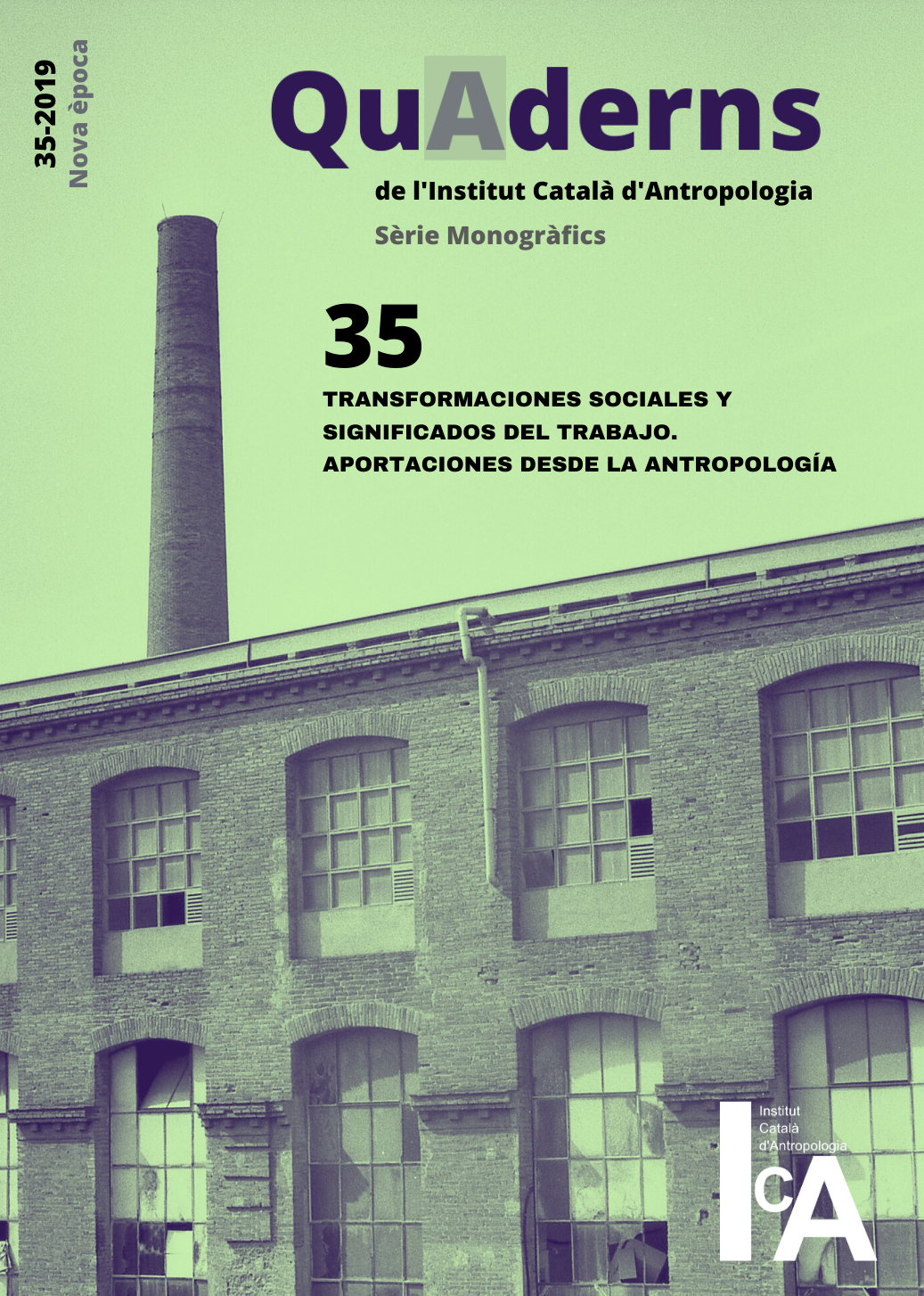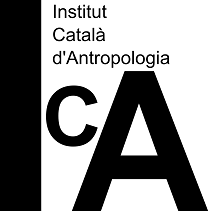Hibernated Lives and Miners´ Pride: Ethnographic Notes for a Critique of Work Societies
Keywords:
social injustice, environmental injustice, critique of work, Romanian migration, mining extractivismAbstract
The economic changes, unemployment and the precariousness of life conditions of the majority, have reinforced the theory of the imminent collapse of capitalism understood as a society organized on the basis of work. In this article we argue that the current trend is exactly the opposite: work not only remains a central institution, but the notion of work has reached the condition of common sense and reinforced its central position in the "plausibility structure" of our society. Through two cases -that of Romanian transnational migrants in Castellón de la Plana and the one of the employees of the Aznalcóllar mine- we will illustrate how the centrality of work can be seen today. Furthermore, we will argue that jobs reclaim, whether by social movements or by specific individuals and groups affected by lack of work, is not helping to alleviate situations of social injustice, but is even aggravating them, contributing to the extension of environmental injustice.
Downloads
Global Statistics ℹ️
|
387
Views
|
311
Downloads
|
|
698
Total
|
|
Downloads
Published
How to Cite
Issue
Section
License
Distributed under the terms of the Creative Commons Attribution 4.0 International Use and Distribution License (CC BY-NC-SA 4.0)




